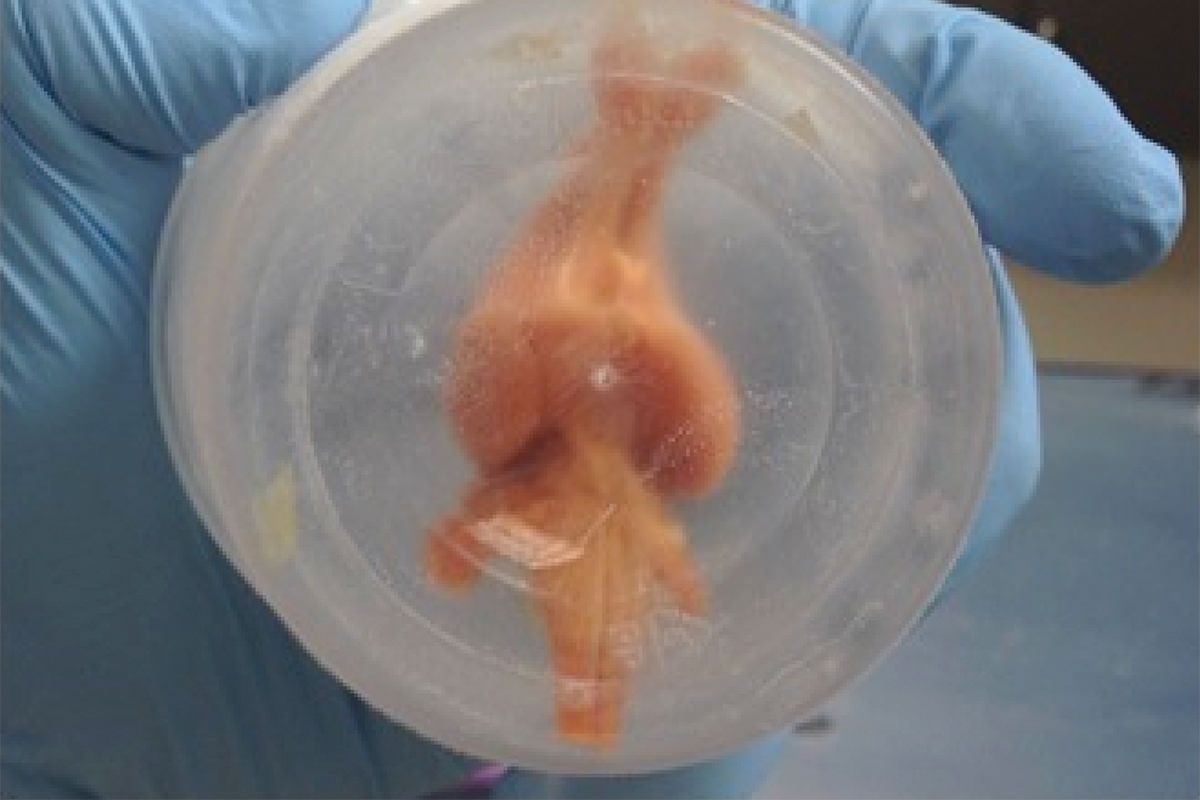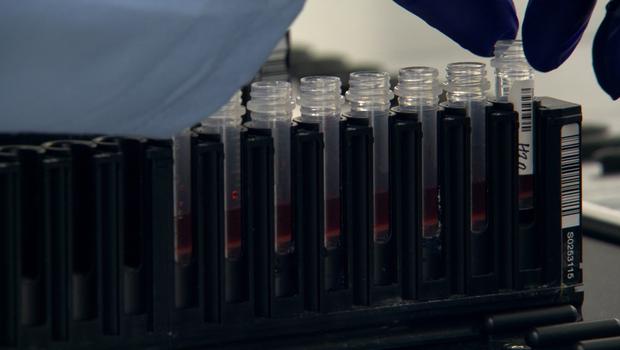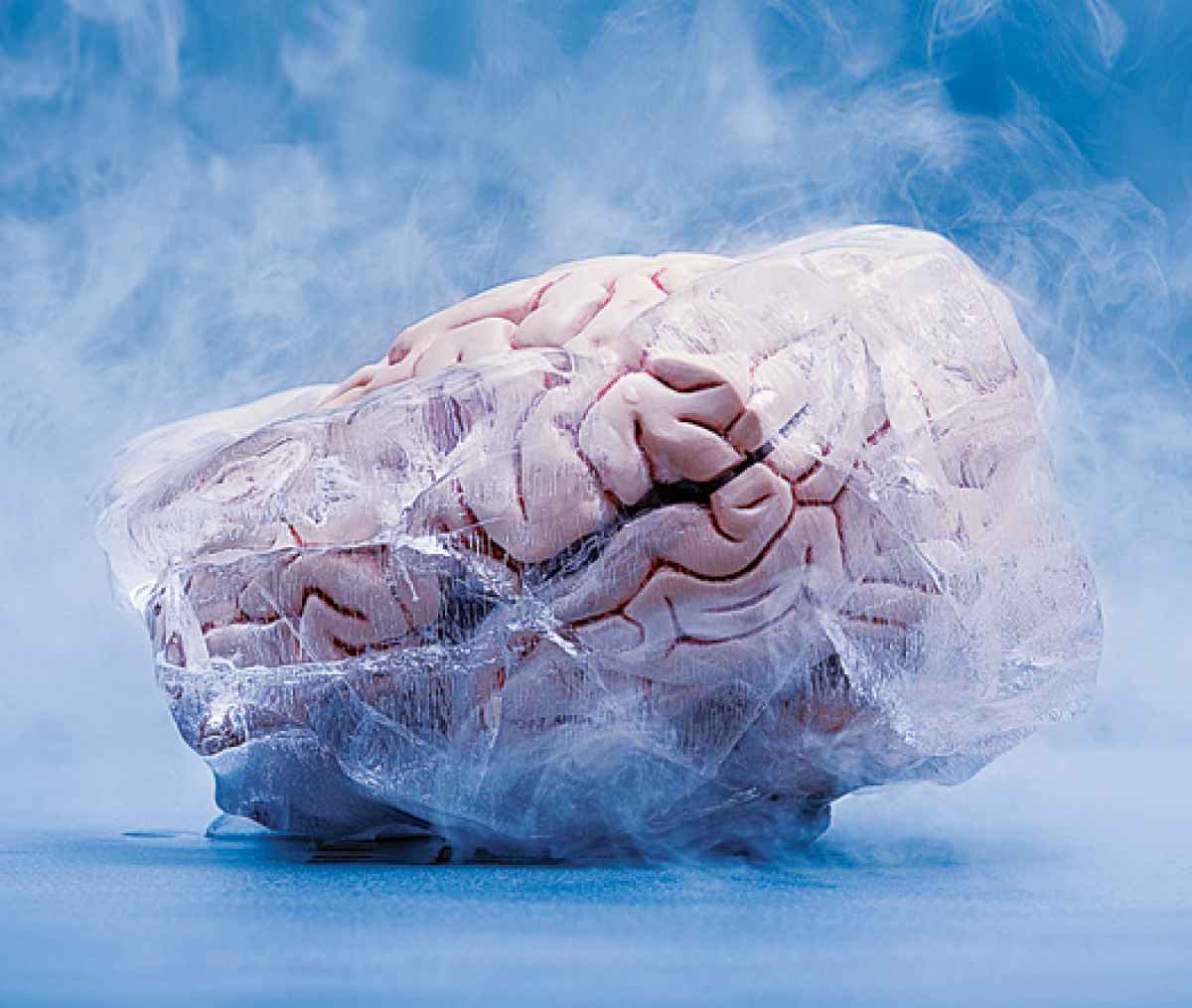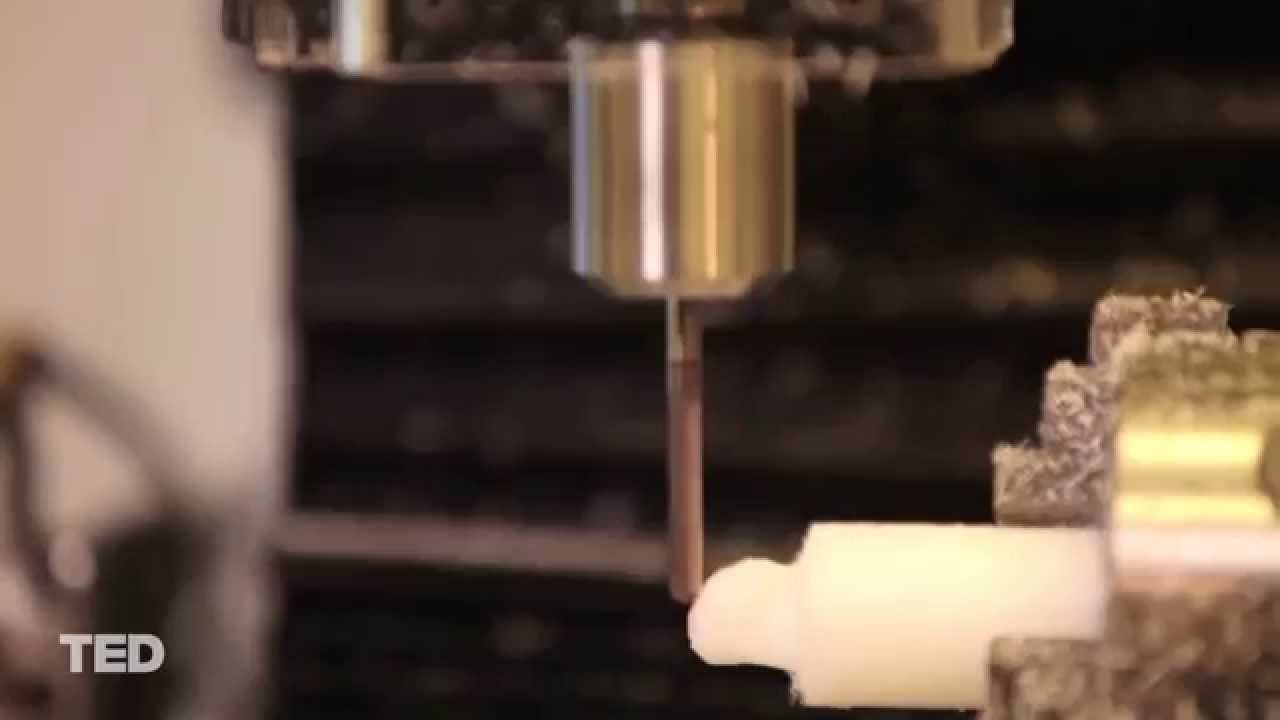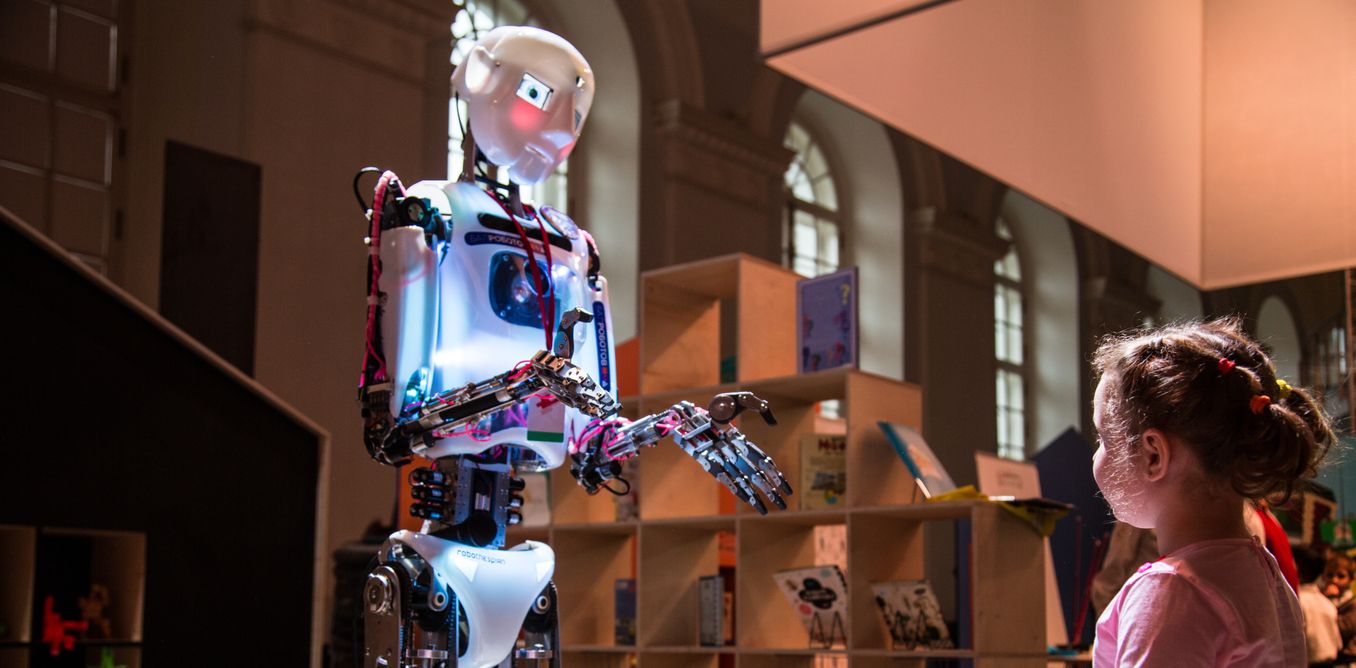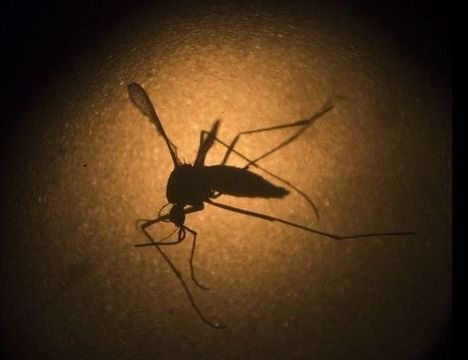Feb 11, 2016
Mammal brain frozen and thawed out perfectly for first time
Posted by Genevieve Klien in categories: biotech/medical, food, neuroscience
Interesting. What do you think of this?
A mammal brain has been defrosted from cryogenic storage in an almost perfect state for the first time. This breakthrough, accomplished using a rabbit brain, brings us one – albeit tiny – step closer to the prospect of reanimating a human brain that has been cryogenically preserved.
After death, organs begin to decay, but we can delay this by cooling these tissues, just like freezing food. But in the same way that a frozen strawberry becomes soggy when defrosted, it is difficult to perfectly preserve mammals at cold temperatures. We, and strawberries, contain large amounts of water, which freezes into ice crystals that damage cells.
Continue reading “Mammal brain frozen and thawed out perfectly for first time” »
